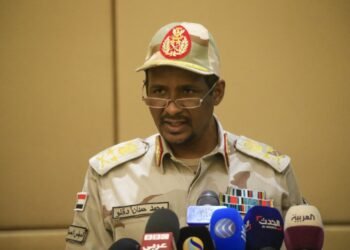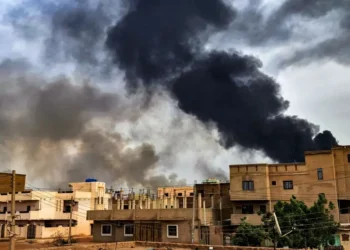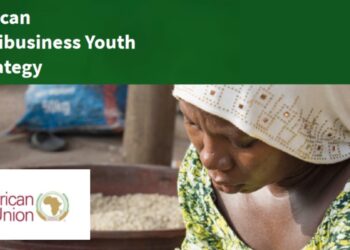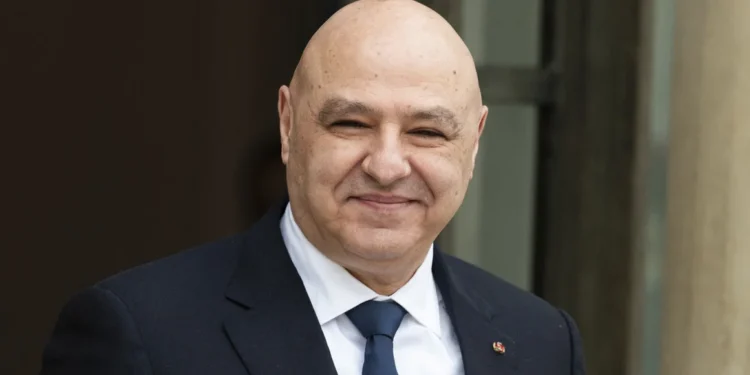Refugees in Uganda are finding it increasingly difficult to survive as international support for food aid dwindles.
Home to over 1.7 million refugees, Uganda has long been a welcoming destination for those fleeing violence in neighboring countries. However, with resources stretched and more refugees arriving each month, Uganda’s capacity to support these individuals is under mounting pressure.
Most new arrivals come from conflict zones in South Sudan, the Democratic Republic of the Congo, and, recently, Sudan. As the number of refugees grows — an estimated 10,000 new arrivals each month, according to U.N. reports — the funds available to assist them have not kept pace.
In many refugee settlements, including Rwamwanja in southwestern Uganda, residents like Agnes Bulaba are struggling to provide for their families without the food aid they once relied on. “As a woman who’s not married, life is hard,” Bulaba said. Her children, she shared, now scavenge for food among local communities just to get by.
A Decline in Food Rations and Financial Aid
Since 2021, the U.N.’s World Food Program (WFP) has been forced to reduce food assistance due to ongoing funding cuts. Priority is now given to the most vulnerable individuals, and most families receive only a fraction of the food aid they once did.
Initially, refugees receive 100 percent food support, but after three months, their allotment drops to 60 percent, and then to 30 percent after six months. In practical terms, this means many refugees now receive minimal cash assistance, often as low as $3.
For residents in settlements like Rwamwanja, where over 99,000 refugees face daily challenges, the reduction in food aid has hit hard. Many rely on small plots of land provided by the government for cultivation, but without adequate resources, producing enough food remains a major challenge.
Despite international appeals for funding, the gap persists. In 2017, Uganda’s government and the U.N. held a summit in Kampala, seeking $8 billion to manage the influx of South Sudanese refugees. Yet, only $350 million was pledged.
Filippo Grandi, the United Nations High Commissioner for Refugees, recently visited Uganda to underscore the urgency of the funding shortage. “The international community should not take Uganda’s generosity and the global public good it provides for granted,” Grandi said.
“Services here are overstretched. Natural resources are limited, and financial support is not keeping pace with the needs.” His appeal was a clear call for increased global support, as Uganda’s resources and communities continue to be stretched thin.
Impact on Host Communities and Efforts Toward Self-Reliance
Refugees in Uganda benefit from the same healthcare and education facilities as locals, a system that aims to integrate them into Ugandan society. However, as resources dwindle, this arrangement has put additional strain on local communities and occasionally led to tension over limited supplies. Despite the challenges, incidents of violence between refugees and residents remain rare.
Hillary Onek, Uganda’s Minister for Refugees, voiced his concern during Grandi’s visit, noting the “overloaded” nature of the current system. He stressed the importance of training programs to help refugees become self-reliant, explaining that Uganda is exploring options like carpentry, bricklaying, and metal welding to provide refugees with the skills needed to sustain themselves.
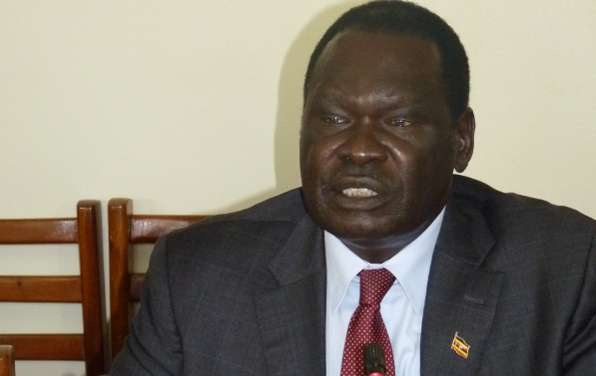
“We are trying to be innovative,” he said, acknowledging that funding for refugee programs has waned, leaving communities struggling to meet basic needs. “There is not enough money to meet their demands, not even giving them enough food to eat.”
Onek emphasized that the need for refugees to become self-sufficient is more pressing than ever. “The alternative is to survive on your own, using your skills, using whatever capacity you have,” he added.
As such, with food rations cut and limited opportunities to earn a living, the struggles of Uganda’s refugees reflect the need for urgent intervention. As Uganda bears the brunt of regional instability, its leaders and the U.N. hope that the international community will step up to share the burden.
READ ALSO: Shatta Wale Eulogizes Girlfriend Maali


